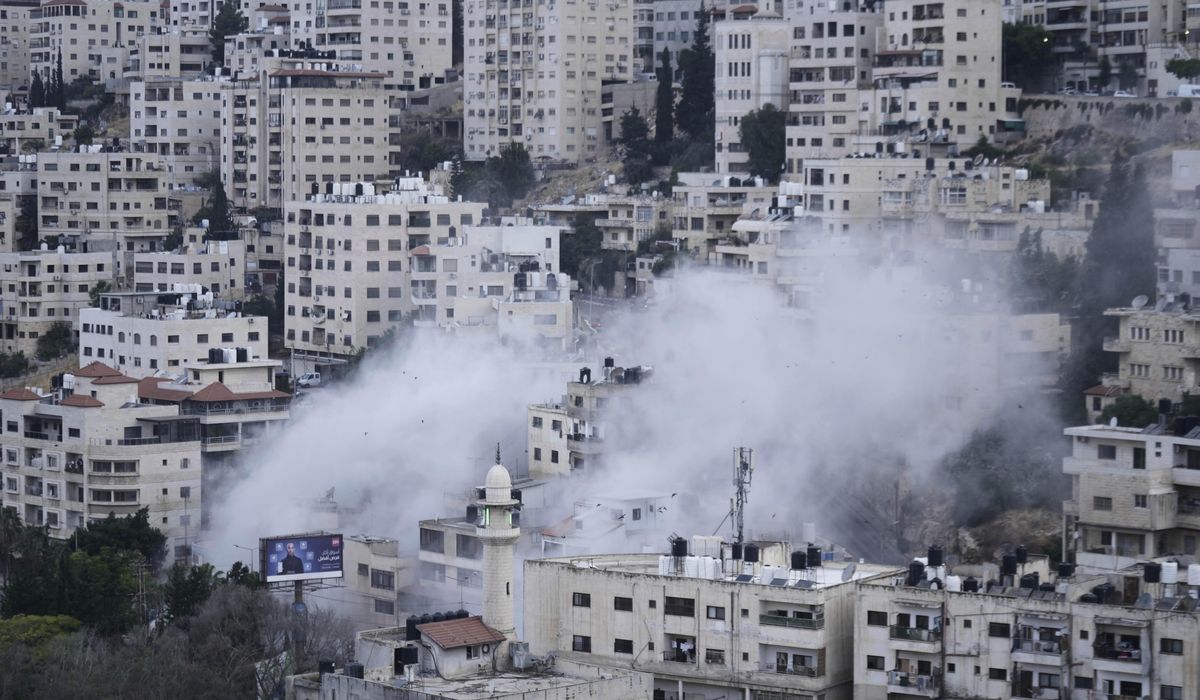


Don’t miss the full story, whose reporting from The Associated Press is the basis of this AI-assisted article.
With Israel’s recent announcement to establish 22 new Jewish settlements in the West Bank, including the legalization of unauthorized outposts, tensions continue to escalate as the international community grapples with questions of territorial sovereignty, human rights, and the prospects for peace in the region.
• Population distribution: The West Bank is home to approximately 3 million Palestinians living under Israeli military rule, while over 500,000 Israeli settlers reside in more than 100 established settlements with full Israeli citizenship rights.
• Legal status dispute: Most of the international community, including the U.N.’s International Court of Justice, considers Israeli settlements in the West Bank to be illegal under international law, while Israel maintains these territories are part of the historic Jewish homeland.
• Administrative control: Palestinians in the West Bank live under Israeli military occupation, with the Western-backed Palestinian Authority administering population centers, creating a complex system of divided governance and jurisdiction.
• Settlement expansion: Israel has significantly accelerated settlement construction in recent years, with developments ranging from small hilltop outposts to fully developed communities complete with apartment blocks, shopping malls, factories and public infrastructure.
• Strategic importance: Israeli officials view settlement expansion as strengthening their hold on the territory and preventing the establishment of a Palestinian state, while Palestinians see these developments as shrinking their potential future homeland.
• Historical context: Israel captured the West Bank, along with the Gaza Strip and East Jerusalem, during the 1967 Mideast war, and Palestinians seek all three territories for their envisioned independent state.
• International relations impact: U.S. policy on settlements has varied significantly between administrations, with Trump’s presidency breaking decades of American foreign policy by supporting Israeli territorial claims, while President Biden maintained traditional opposition with limited enforcement.
• Current escalation: The recent decision to establish 22 new settlements was described by Israeli Defense Minister Israel Katz as both a response to Palestinian terrorism and a strategic move to prevent Palestinian statehood, further complicating peace prospects.
Read more: Israel authorizes more Jewish settlements in the occupied West Bank
This article is written with the assistance of generative artificial intelligence based solely on Washington Times original reporting and wire services. For more information, please read our AI policy or contact Ann Wog, Managing Editor for Digital, at awog@washingtontimes.com
The Washington Times AI Ethics Newsroom Committee can be reached at aispotlight@washingtontimes.com.
